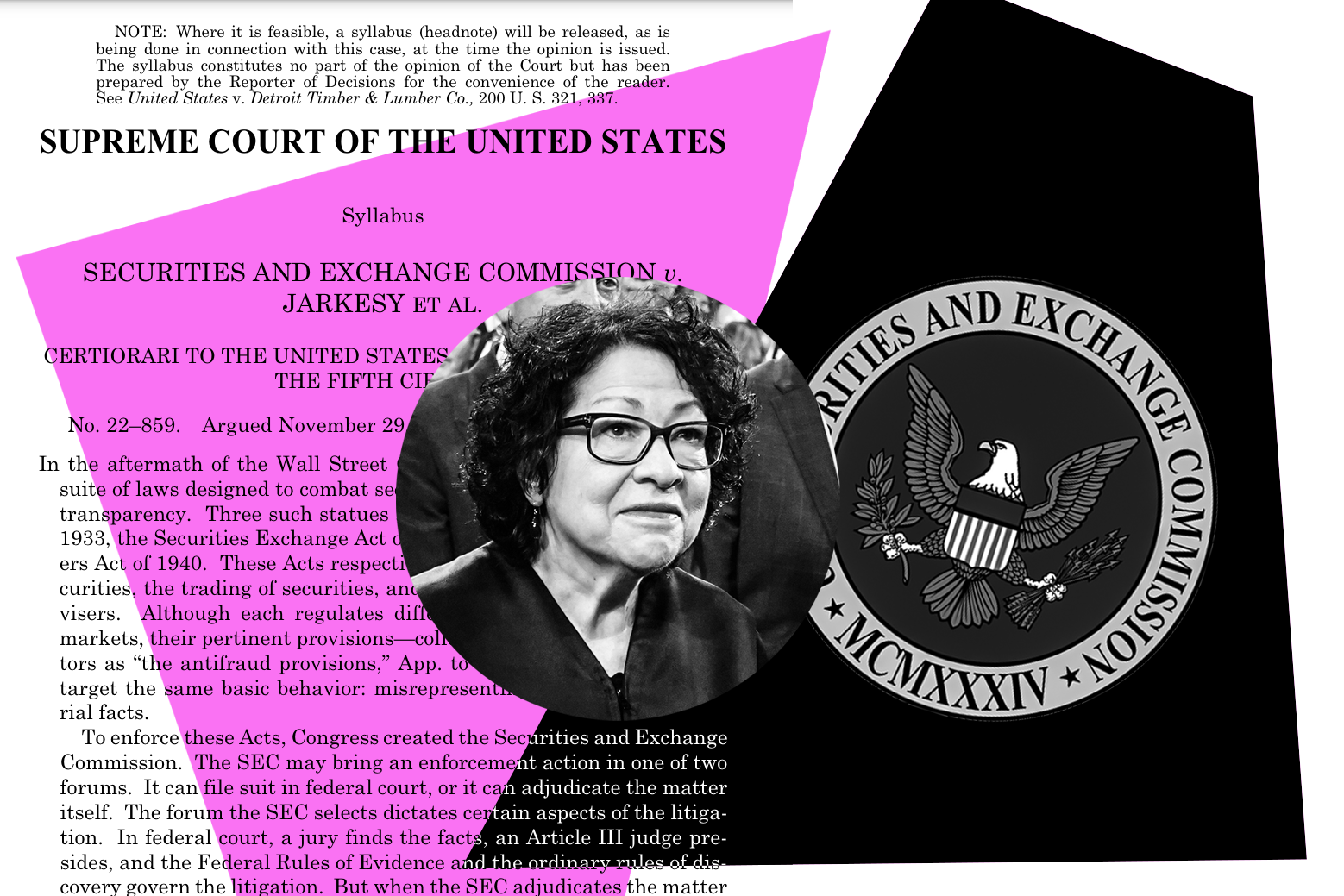- 215 Posts
- 895 Comments
In some games (metroid, etc) it is an ability, not an item. It just made me think of Zelda first for whatever reason

 4·2 days ago
4·2 days agoI believe they were making a crass joke about the photo in which Miriam Epstein’s grave marker is standing.
No worries! That’s why I tried to give the most general response I could.

 1·2 days ago
1·2 days agoMedical treatment is provided on a basis of best practices established by an entire healthcare community including medical practitioners, clinicians, researchers, and institutions. Studies rely on statistical risk models. That’s why before you go through any medical treatment, a doctor will tell you that no treatment is without risk.
As a result, every treatment includes a percentage of recipients who experience regret. Gender affirmation surgeries have an exceptionally low regret rate.
Compared to, say, pain medication, there is not really a profit motive for doctors to over-prescribe or over-treat gender affirmation treatments.
The suggestion that a minor should not go through any medically necessary “body modification” procedure, is cruel and untenable. That would mean:
- Sexually active teens be categorically denied birth control
- Dangerously overweight teens be denied surgeries or other treatment that could add years or decades to their life, as well as prevent knee, hip, and back problems in adulthood (that having the surgery later would not repair)
- Student athletes be denied surgical joint repairs that could restore movement and prevent future injury (that could not be performed with the same success rate in adulthood)
- Children with congenital heart problems be denied care which could both add years to their life and improve the quality of their childhood
- Children who could benefit from ear tubes be forced to face risk of incurable hearing loss -Children who could benefit from cochlear implants be denied the possibility of hearing until they are 18
- Children with juvenile glaucoma be forced to go through childhood with partial blindness, which may become irreversible
- Children at risk of lifelong trauma or suicide due to gender dysphoria be denied gender affirming care that can add decades to their life and improve the quality of their childhood
Please stop with the dismissive name-calling and try to think these things through more completely. In all of these cases, medical providers work with a family to assess the risks and needs of a child, make recommendations, and carry out the treatment most likely to have the greatest positive medical impact. The suggestion that anyone outside a child, their family, and their medical providers should have a say in the decision strikes me as arrogant, cruel, and offensive.

 8·2 days ago
8·2 days agoThey say there are two types of people in the world: those who can extrapolate from incomplete data and

 3·2 days ago
3·2 days agoWhen a decision is made to perform surgery on a minor, it is always because doctors have determined that it is more dangerous to wait.
I’m not even going to address the completely unfounded claim of some nefarious cabal of doctors.

 4·2 days ago
4·2 days agoHere is where we differ: I believe that the very smart people who go to school to study these exact issues for many years, practice for decades, review one another’s work, and spend a lifetime studying the outcomes of the surgeries are in the best place to decide what should and shouldn’t be allowed.
If an individual, their family, and an entire team of doctors determine that something is safe and advisable, I trust that decision much more than my uneducated feelings.

 2·2 days ago
2·2 days agoYou have not been banned for your opinions, but for your conduct. Saying deliberately shocking or offensive things to “gauge the mindset of a community” is trolling, and is not allowed here. I hope that after taking a short break from the community you can return to engage more authentically. Please feel free to PM myself or another mod if you have any questions in the meantime.
As others have said, not everyone has the same reaction to caffeine. Some people (esp. with ADHD) find it refreshing and even soothing, while others with a sensitivity have a strong reaction like racing heart, anxiety, and difficulty sleeping.
You didn’t really give much info, but I’m guessing by the question you are in the latter.
If you enjoy it, switch to tea or decaf (which still contains a small amount of caffeine). If you don’t enjoy it, then some people get an energy boost from ginseng or the like.

 1·3 days ago
1·3 days agoMaybe 3-4 times a year. Can’t see using it more than that at this point.

 6·3 days ago
6·3 days agoNo, this week I’m pretty sure they will actually make it home. How could it go wrong?

 4·3 days ago
4·3 days agoREMEMBER WHO YOU ARE

 92·3 days ago
92·3 days agoYou’re stretching even further now. Most medical care is based on a patient telling a doctor what is bothering them. There’s allergies, soft tissue injuries, psychological needs, sleep disorders, digestive problems, eating disorders,learning disabilities, etc. etc. etc.
Teens shouldn’t be allowed treatment for any of those? Or will you keep drawing more and more granular distinctions to fit your conclusion?
Let’s just take an example that fits your definition: bariatric surgery is 1) surgical 2) not determined by imaging 3) undergone only in consultation with the patient 4) undergone only alongside psychological and lifestyle support 5) related to future health outcomes 6) related to the patient’s body image 7) sometimes appropriate in teens/adolescents 8) requires lifelong lifestyle changes 9) not related to an accute injury or illness 10) it is not an urgent lifesaving procedure
It is in every way exactly like gender affirming care except not being related to gender.
So surely you would argue that bariatric surgery should be banned for teens, based on your position. Their brains are still developing so they cannot possibly make such a decision that will impact the rest of their lives. If they still feel like they need it when they are adults, then they can do it then.
Right?

 144·3 days ago
144·3 days agoWhat are you talking about? Teens undergo life changing surgery all the time, whether it is for a sports injury, to correct scoliosis, oral surgery, etc.

 501·4 days ago
501·4 days agoSay it ain’t so 😥

 10·4 days ago
10·4 days agoThis is so counter-productive because these border immigrant shelters fill an important niche working with government services. There is no government agency with the resources on the border to house all of the people who enter the country to legally seek asylum.
They have to stay somewhere while they are being processed before traveling on to the interior. They also need logistical support in making their way through both the legal system and the US transit system to get to their destination. Border shelters do all that, allowing the government to do its job.
I have enough trouble with the outer demons











Is any city ready for the Olympics? Doesn’t this happen every four years?